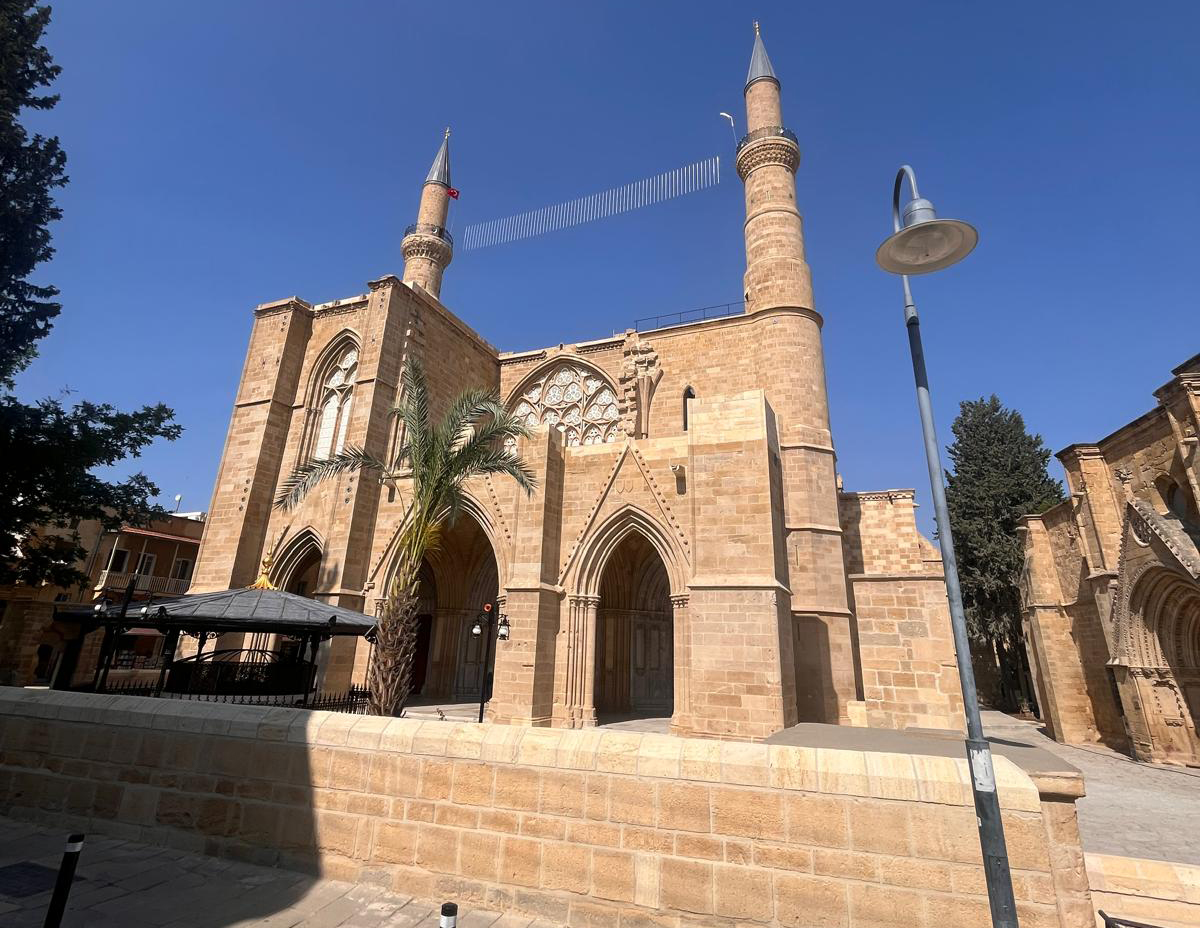Solutions to disagreements between teachers and the government regarding planned reforms to the ways in which teachers are evaluated “can be found in parliament”, the education ministry’s permanent secretary George Panteli said on Friday.
Speaking during a visit to Limassol which coincided with the beginning of this year’s Pancyprian examinations, he said that consultations on the matter outside parliament with teachers and other stakeholders “have been completed, and they lasted nine months”.
“The result is what has been submitted to parliament to be evaluated and voted upon,” he added.
As such, he said, “both sides will put forth their positions in the education committee and we will see how things progress”.
“Solutions can be found in parliament so that we can have a new evaluation framework, which will be effective for our education system,” he said.
He added that he expects discussions on the matter to begin in parliament next week.
A referendum of teachers carried out by teachers’ trade union Oelmek last week saw just shy of 92 per cent of teachers vote against the plans, with Oelmek calling on the government in its aftermath to “listen to the clear position of the teaching profession and withdraw the bill”.
Earlier, Oelmek head Demetris Taliadoros told the Cyprus News Agency that the education ministry had only accepted one of ten points submitted by teachers in response to the ministry’s original draft, and that this caused the need for a referendum.
The issue of evaluation “directly concerns teachers and it would not be in the right direction for unilateral decisions to be taken [by the ministry],” he added.
Education Minister Athena Michaelidou had after the referendum described the teachers’ objections as “minor” and said that the differences in opinion “could be bridged through discussions in parliament”.
In the weeks leading up to the referendum, the union said that there had been no substantial discussion with teachers, as required by law.
The education ministry, meanwhile, expressed surprise at this assertion, stating that discussions had been ongoing for nine months and that the current proposal was the outcome of those discussions.
“The repeated references to a lack of dialogue are misleading,” Michaelidou had said before the referendum, adding that all stakeholders were aware of the process from the beginning.
She said preliminary drafts had been made public and subsequently revised to reflect suggestions from unions.
Government spokesman Konstantinos Letymbiotis had on Tuesday outlined the plan, saying the reform introduces a “multi-layered, scientifically backed evaluation model”, replacing the “decades-old practice of single-person assessments” with collective evaluations involving school heads and inspectors.
The assessments are expected to improve teacher performance and introduce effective mentoring and continuous professional development into the system and are not intended as a punitive measure, Michaelidou had said.
Teachers will now be assessed throughout their careers using clearly defined, measurable criteria and a new rank of “senior teacher” will be created, allowing experienced educators to be promoted without moving into the ranks of the administration, if they are ill-suited for them or do not wish to do so.
Oelmek disagreed with the ministry’s position on two key points, the first being the participation of headteachers in evaluating their teachers, which the union says would disrupt their professional relationship. The second is the composition of an appeals committee which would examine teachers’ objections to their evaluations.
The ministry had proposed that both school inspectors and the headteachers should jointly evaluate teachers, with the rationale that this would offer a more complete picture of teachers’ classroom skills.
On the second point, the ministry had proposed that the appeals body consist of the ministry’s permanent secretary and two of its management staff.
The teachers’ union rejected this idea and instead proposed a body comprising of a judicial officer, an academic, and a former education ministry official with teaching experience, and for the board’s composition to require parliamentary consent.







Click here to change your cookie preferences